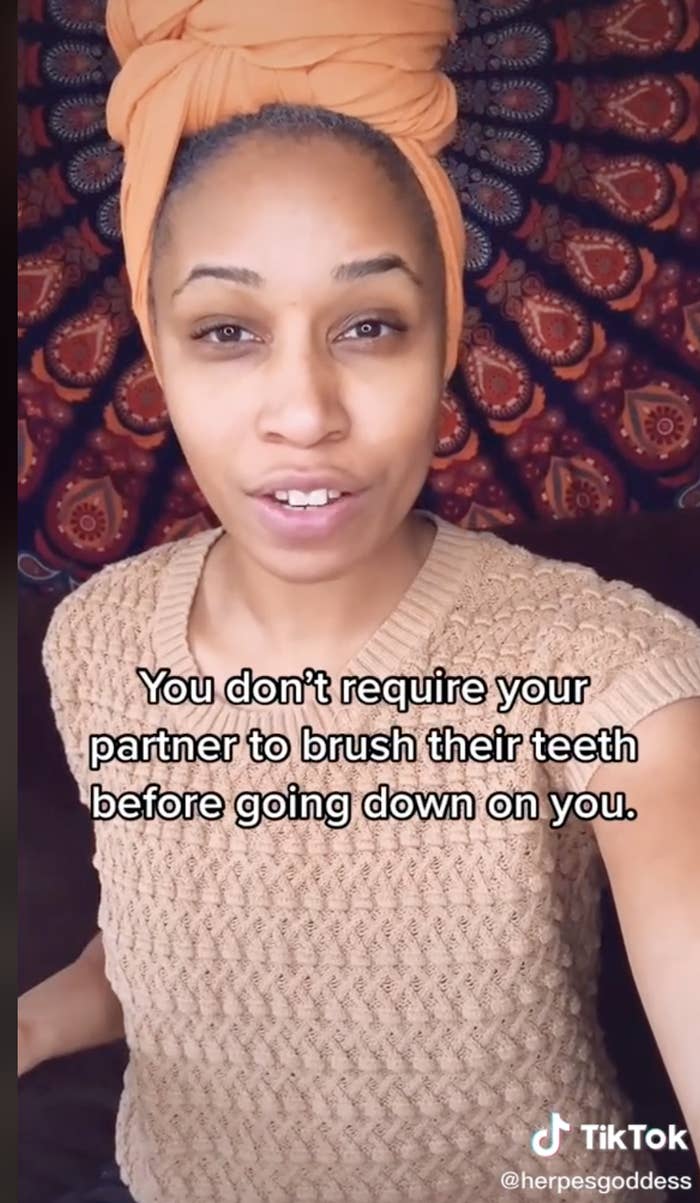Shana Singleton is a 30-year-old woman who recently went viral on TikTok for sharing this video:
In her video, which has over 1.5 million views, Shana lists some everyday things people do that can be considered “unclean” or “bad for you," yet she gets called "dirty" because she has herpes.

Most people praised Shana for speaking out and fighting to break the stigma around genital herpes.

And herpes is more common than some people may realize. According to the CDC, more than one out of every six people aged 14 to 49 years have genital herpes in the US.


